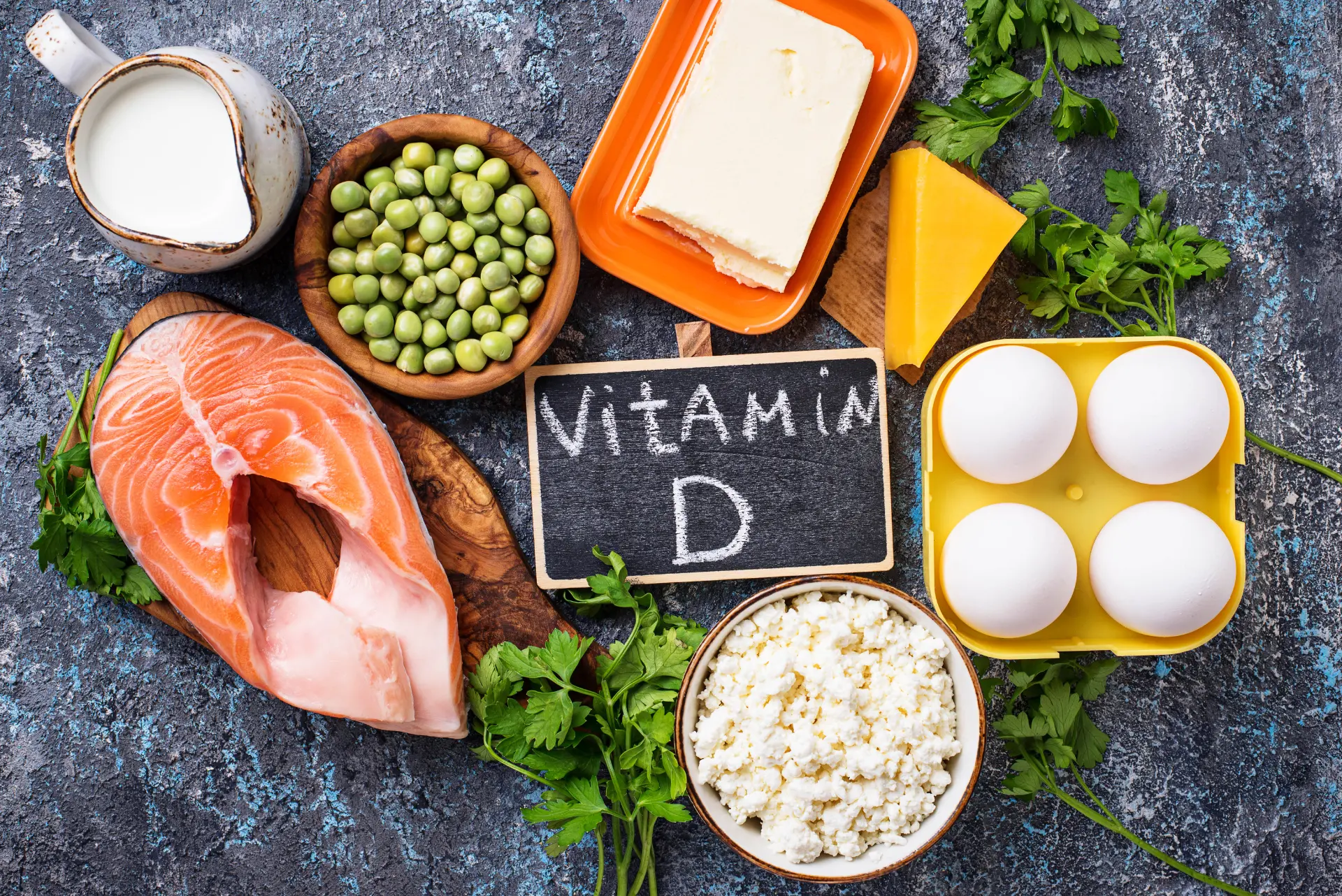
When our body comes in contact with the sunlight, our body starts making this fat-soluble vitamin called vitamin D. You may not know but there are two types of vitamin D – D2 and D3. Among the two, D3 is the important one. When UVB (ultraviolet B) rays come into contact with the skin, then it is produced.
Normally, everybody comes in contact with the sun, however, many lack this contact. Certain foods and supplements help in creating these vitamins. If you’re looking for a health related product to boost your vitamin D levels, choosing the right supplement can be crucial.
Do you know that vitamin D plays a crucial role in several areas of our health:
Vitamin D is well-known for helping our bodies absorb calcium, which is crucial for building and keeping our bones strong. You might not be aware of this but lack of vitamin D can make our bones weak and brittle. In severe cases, this can lead to conditions like rickets in children and osteoporosis in adults.
Do you know vitamin D is essential for a healthy immune system? No. well, it helps your body fight off infections. Not only that it may even reduce the risk of chronic diseases like multiple sclerosis and heart disease.
There’s growing evidence that vitamin D plays a role in mental health. Low levels of vitamin D have been linked to conditions like depression and Seasonal Affective Disorder (SAD).
Vitamin D is key for keeping your muscles strong and preventing weakness. It helps improve your overall physical performance, making it easier to stay active and coordinated. With enough vitamin D, you’ll feel stronger and more energetic.
Vitamin D helps fight inflammation, which can lower the risk of many chronic diseases. If you’re thinking about adding a health product to your routine, look for one with vitamin D. It can be a great way to support your overall health and keep inflammation in check.
You know there are various ways the human body indicates that it needs vitamin D. The ways, however, can be subtle to severe. Read the below points to know, that if your body gives you, means you need vitamin D.
Since vitamin D helps your body absorb calcium, not getting enough can lead to bone pain and lower back pain. Without sufficient vitamin D, your bones may become weak and painful, making it harder to stay comfortable and active.
If you’re constantly feeling tired even though you’re getting enough sleep, it might be a sign of low vitamin D. This vitamin helps boost energy levels, so a deficiency can leave you feeling sluggish and drained.
Low vitamin D levels have been connected to a higher risk of depression, especially in older adults. This vitamin plays a role in mood regulation, so not getting enough can make you feel down or more prone to mood swings.
If you notice your wounds are healing more slowly than usual, it could be a sign of low vitamin D, as this vitamin supports your body’s healing processes. Vitamin D helps your body fight off infections and manage inflammation.
If you’re experiencing muscle pain and weakness without a clear reason, it might be due to a lack of vitamin D. This vitamin is important for keeping your muscles strong, and a deficiency can lead to these uncomfortable symptoms.
Well, there are certain groups of people, who are more likely to be deficient in vitamin D. These are –
As we get older, our skin doesn’t make as much vitamin D from sunlight, and our kidneys might not process it as well. This can make it harder to maintain healthy vitamin D levels, even with sun exposure.
Darker skin has more melanin, which makes it harder for your skin to produce vitamin D from sunlight. So, if you have darker skin, you’ll need to spend more time in the sun to get the same vitamin D boost.
If you live in northern regions or places with long, dark winters, you might not get enough sunlight throughout the year. This can make it harder to get the vitamin D your body needs from the sun alone. For these individuals, selecting an appropriate health-related product with adequate vitamin D is vital.
Well, there are 3 ways from which we can get vitamin D – food, sunlight, and supplements.
Everybody knows that sunlight is the best source of vitamin D. Do you know that if you spend almost 10 – 30 mins in the midday sun you get vitamin D? Yes, you can get it. For that, you’ve to spend a few minutes in a week.
The amount of sun you need can depend on your skin tone and sunscreen use. Darker skin needs more sun. A bit of unprotected sun is helpful, but always protect your skin to lower cancer risk.
Food
Not many foods naturally contain vitamin D, but you can find it in
Some foods are also fortified with vitamin D, such as milk, orange juice, and cereals. Adding these to your diet can help you get the vitamin D you need.
Do you find it hard to get enough vitamin D from sunlight and food? Then, worry not. Several supplements are an easy way to ensure you’re meeting your daily needs. Vitamin D3 supplements are usually recommended because they’re more effective than D2.
However, before you start taking any supplements, it’s important to talk to your healthcare provider. Taking too much vitamin D can lead to toxicity, so it’s best to get personalized advice. Choosing the right health-related product for your specific needs is crucial to maintaining proper vitamin D levels.
Vitamin D is vital for bone health, immunity, and mood. Many people lack it, leading to health issues. To boost levels, use sunlight, eat vitamin D-rich foods, or take supplements. Concerned? Get a blood test and consult your healthcare provider. Adding a health product can help too.